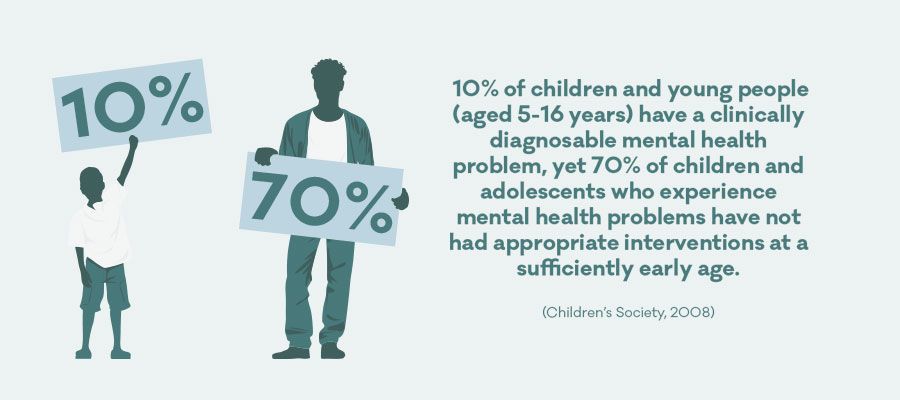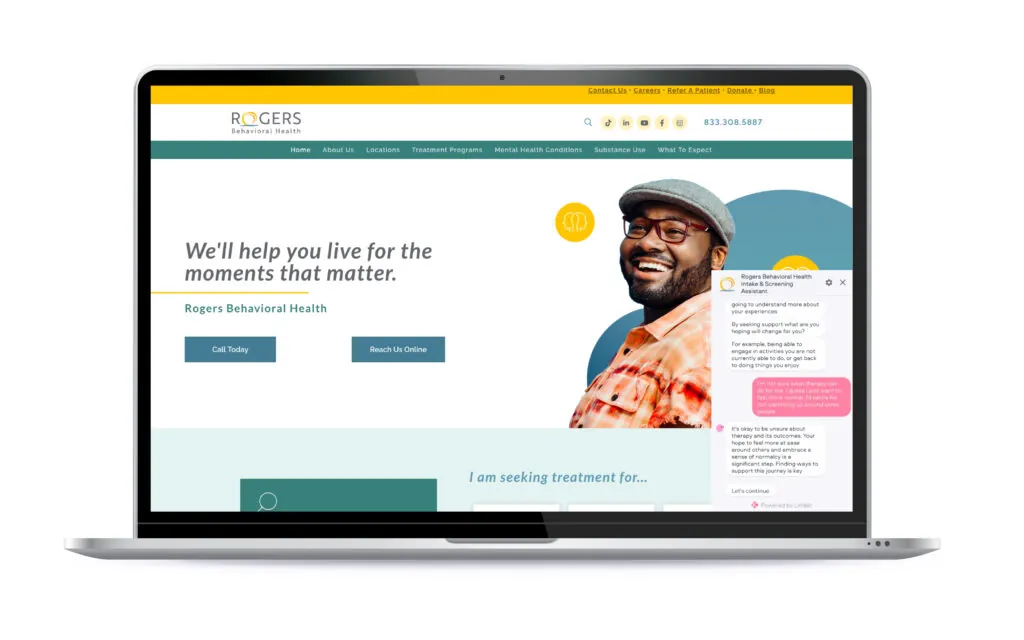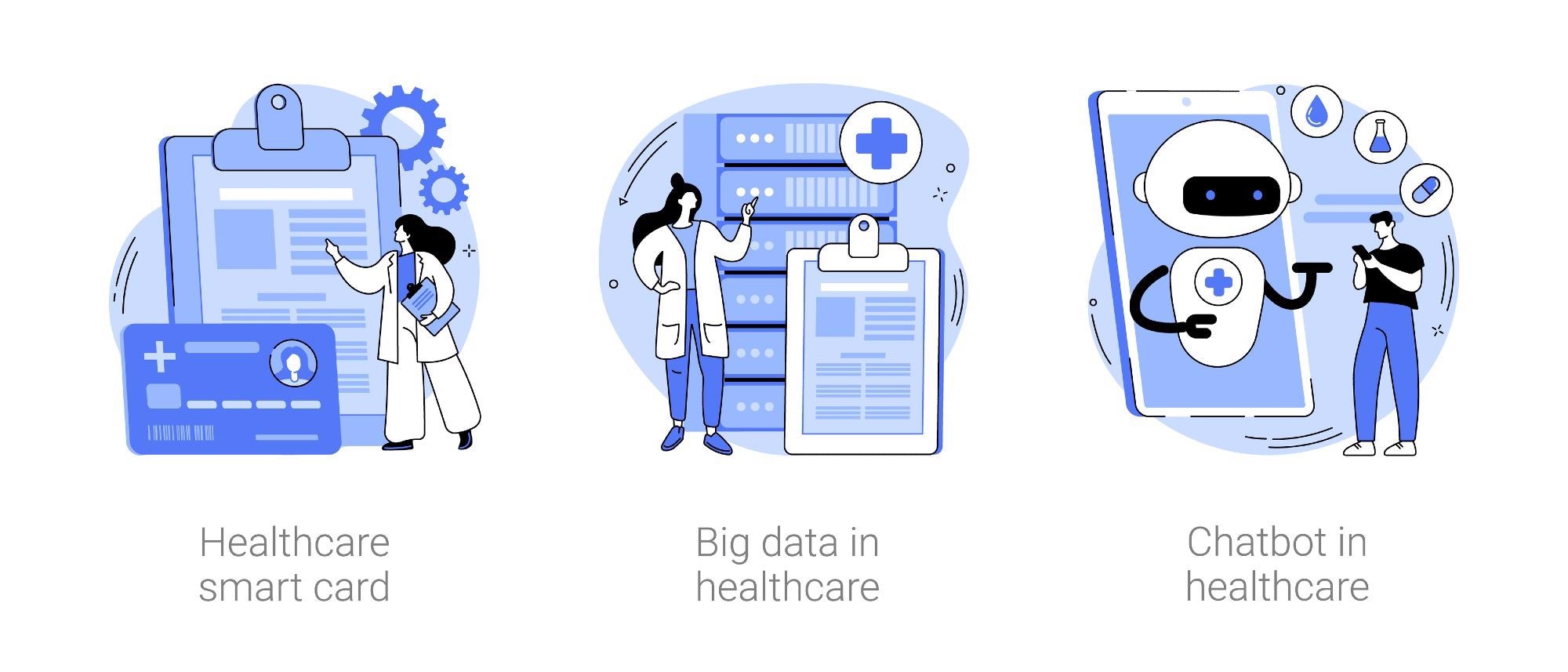Revolutionizing Mental Health Support: Can Chatbots Make A ...
A groundbreaking study published in Jurnal Informatika Teknologi dan Sains (JINTEKS) explores the potential of chatbots as a tool for providing mental health support, particularly among adolescents. The research aims to develop a chatbot integrated with WhatsApp using the GPT 35 Turbo model from OpenAI, designed to provide effective and empathetic responses to questions and discussions about mental health.
The study reveals that one-third of Indonesian adolescents aged 10-17 years experienced at least one mental health issue between January and December 2022. This alarming statistic highlights the need for effective interventions to support mental health among this vulnerable age group.

The Role of Chatbots in Mental Health Support
The chatbot developed in this study uses the GPT 35 Turbo model from OpenAI, which is designed to generate human-like responses. The integration of this technology with WhatsApp enables users to interact with the chatbot through a familiar platform. The results show that the chatbot has succeeded in implementing deep and relevant interactions in the context of mental health.
The benefits of using chatbots for mental health support include accessibility, anonymity, and 24/7 availability. However, there are also limitations to consider, such as the lack of human interaction and limited contextual understanding.
Exploring the Potential of Chatbots in Mental Health Support
The development of chatbots has been gaining momentum in recent years, with various applications across different industries. However, one area where chatbots have the potential to make a significant impact is in mental health support. A study published in the Jurnal Informatika Teknologi dan Sains (JINTEKS) explores the possibility of using chatbots as a tool for providing mental health support, particularly among adolescents.

The study, led by Ibrahim Ahmad Assegaf and Muhammad Taufik Syastra from STMIK IDS, aimed to develop a chatbot integrated with WhatsApp using the GPT 35 Turbo model from OpenAI. The goal was to create a platform that could provide effective and empathetic responses to questions and discussions about mental health.
Key Features of the Chatbot
The chatbot developed by the researchers has several key features that make it an effective tool for providing mental health support. Firstly, it is integrated with WhatsApp, making it easily accessible to users. The chatbot uses the GPT 35 Turbo model from OpenAI, which enables it to provide responses that are both effective and empathetic.

The methodology employed by the researchers includes chatbot development, Black Box Testing, and Usability Testing. This ensures that the chatbot is not only functional but also provides relevant and supportive interactions. The analysis of feedback from users and psychologists further validates the effectiveness of the chatbot.
Addressing Mental Health Issues
Mental health issues are a significant concern among adolescents, with many struggling with anxiety, depression, and other related problems. The chatbot developed by the researchers addresses these issues by providing effective and empathetic responses to questions and discussions about mental health.
Additionally, the chatbot offers an alternative approach to providing psychological support and information related to mental health. This is particularly important for adolescents who may not have access to traditional counseling services or may feel hesitant about seeking help from a human counselor.
Implications and Limitations
This study has significant implications for the field of mental health chatbots, particularly in the integration of the latest AI technology. As the demand for mental health support continues to grow, especially among adolescents, the development of chatbots like this one could provide a much-needed solution.




















